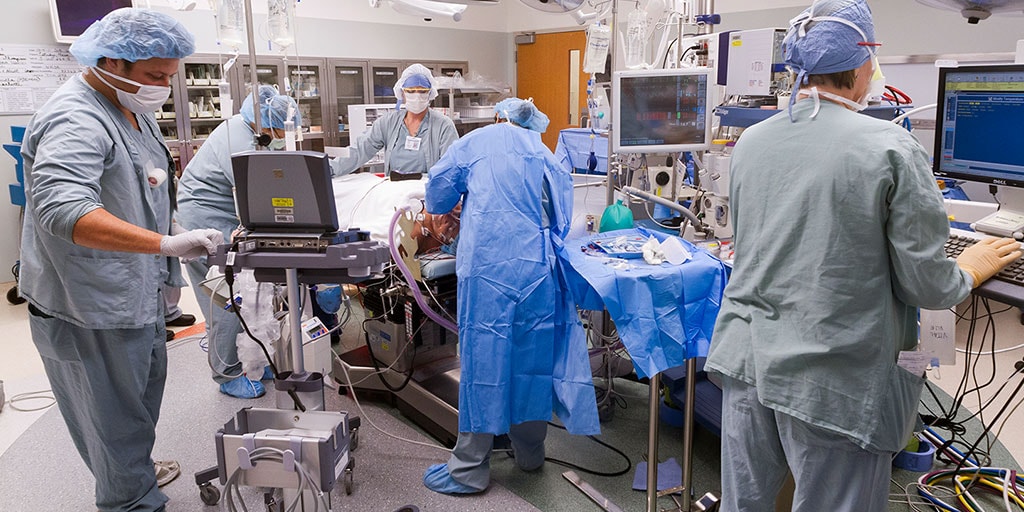In the intricate dance of the operating room, where every movement counts and precision is paramount, there exists a group of unsung heroes – the surgical https://oktoday.us/ technologists. Often working behind the scenes, these skilled professionals play a vital role in ensuring surgeries proceed seamlessly, contributing significantly to the overall success of medical procedures.
Table of Contents
ToggleUnderstanding the Role:
Surgical technologists, also known as scrub techs or operating room technicians, are the linchpin of surgical teams. Their responsibilities extend far beyond simply passing instruments to surgeons. These dedicated individuals are instrumental in preparing the operating room, arranging sterile equipment, and ensuring that the surgical environment adheres to strict hygiene standards.
The First Line of Defense:
Surgical technologists are the first line of defense against potential complications. Their expertise in sterile techniques, aseptic procedures, and surgical protocols ensures that infections are minimized, and patient safety is prioritized. By meticulously organizing and handling instruments, they create an environment where surgeons can focus solely on the intricacies of the procedure at hand.
Adapting to Advancements:
As technology continues to advance at a rapid pace, so too must the skills of surgical technologists. From robotic-assisted surgeries to cutting-edge imaging technologies, these professionals are at the forefront of embracing and integrating new techniques into the operating room. Their ability to adapt to these innovations plays a crucial role in improving surgical outcomes and reducing recovery times.
The Human Touch:
While technology plays a significant role, the human touch provided by surgical technologists is irreplaceable. Their ability to anticipate the needs of surgeons, maintain composure in high-pressure situations, and communicate effectively with the entire surgical team fosters an environment of collaboration and trust. Patients benefit not only from the technical expertise but also from the reassuring presence of these healthcare professionals.
Education and Training:
Becoming a surgical technologist requires a blend of formal education and hands-on training. These individuals undergo rigorous programs to acquire the necessary knowledge of anatomy, physiology, and surgical procedures. Additionally, practical experience in real-world surgical settings hones their skills, ensuring they are well-prepared for the challenges of the operating room.
The Future of Surgical Technology:
As the field of healthcare continues to evolve, so too does the role of surgical technologists. With an increasing demand for specialized skills and a growing emphasis on patient-centered care, these professionals are poised to become even more integral to the surgical landscape. Continued education, professional development, and a commitment to excellence will be key factors in shaping the future of this essential healthcare profession.
In conclusion, while surgeons often take the spotlight, the significance of surgical technologists cannot be overstated. Their dedication, expertise, and commitment to patient well-being make them indispensable members of the healthcare team. As we marvel at the advancements in surgical procedures, let us not forget the unsung heroes who work tirelessly behind the scenes, ensuring that every surgery is a step towards healing and recovery.










